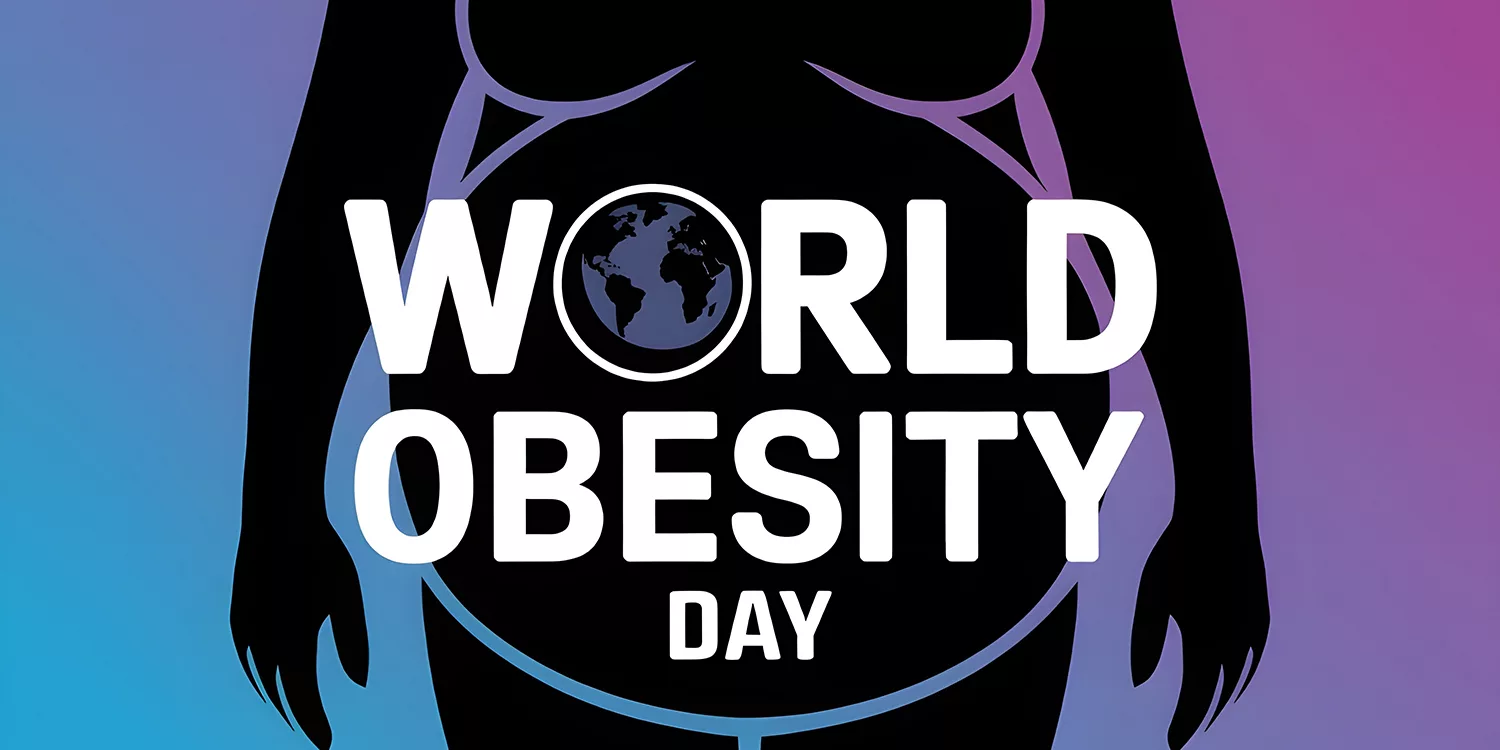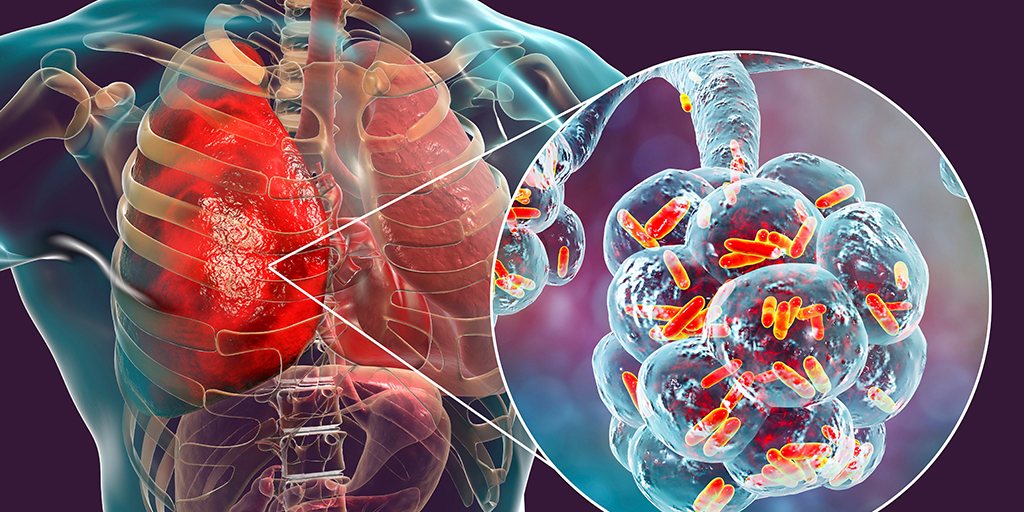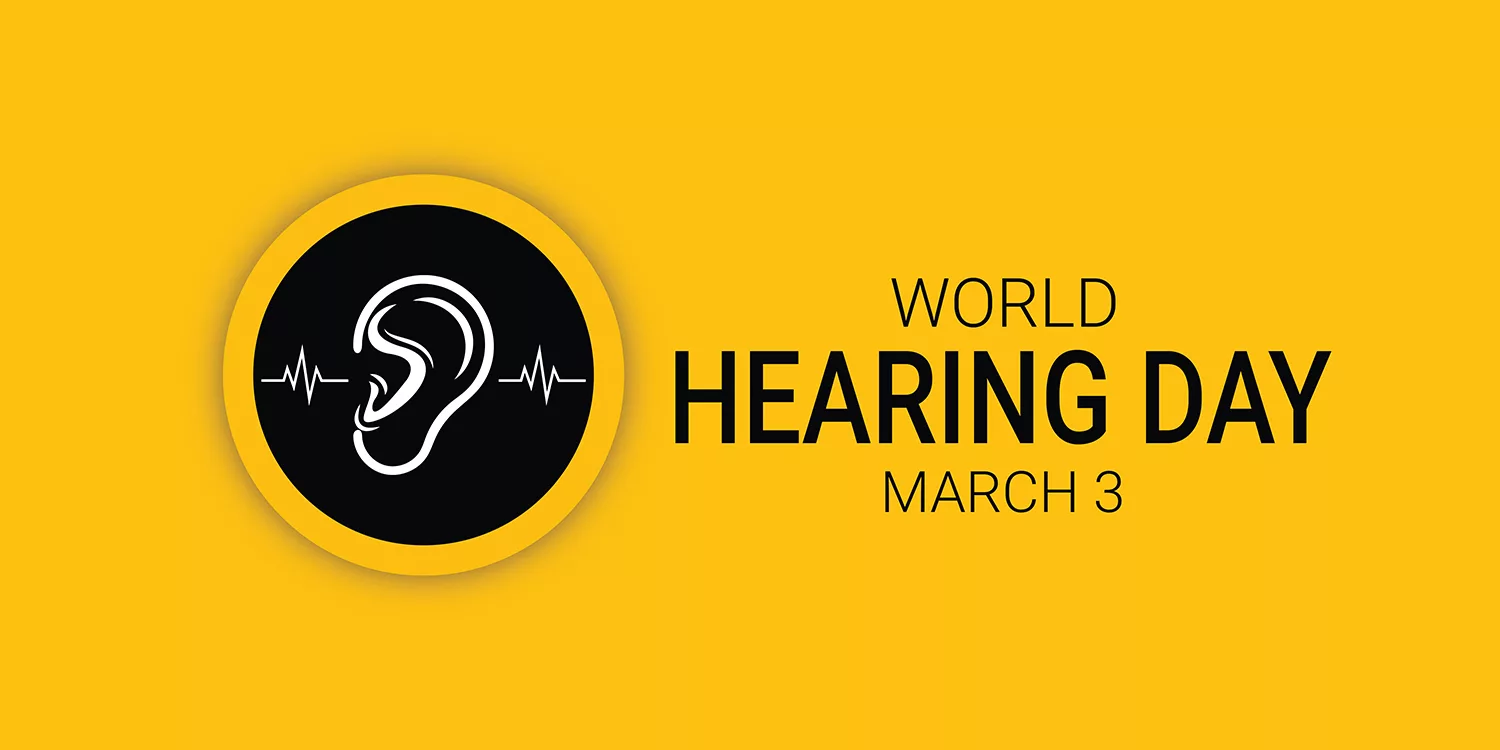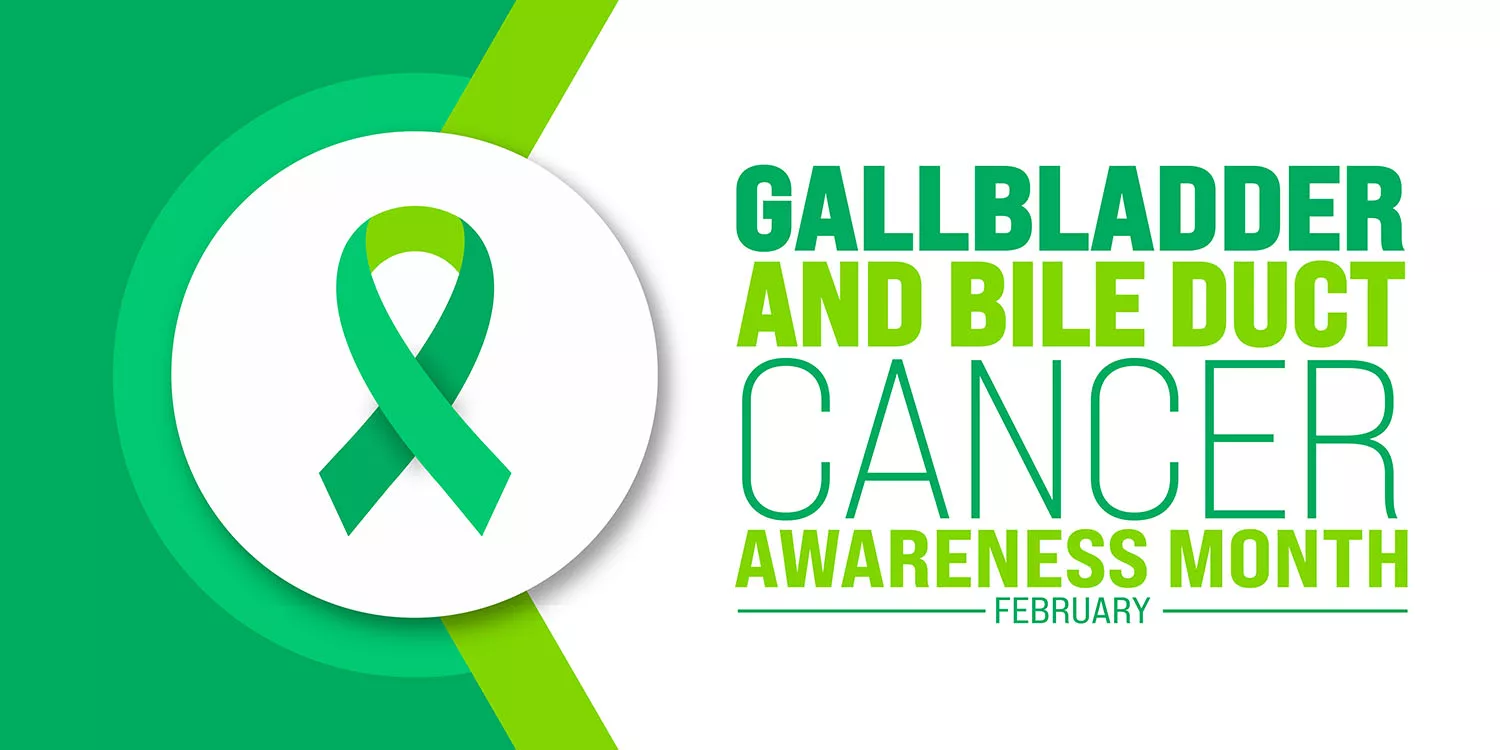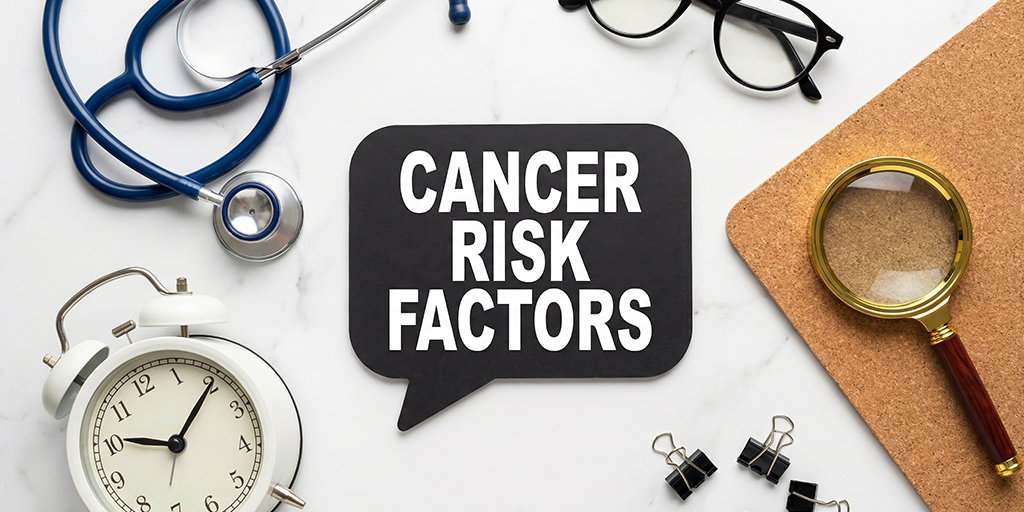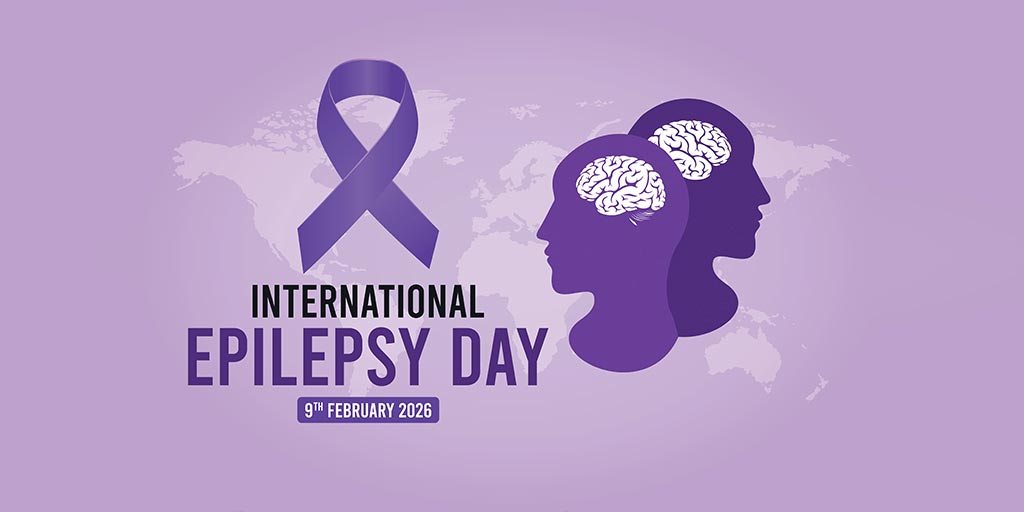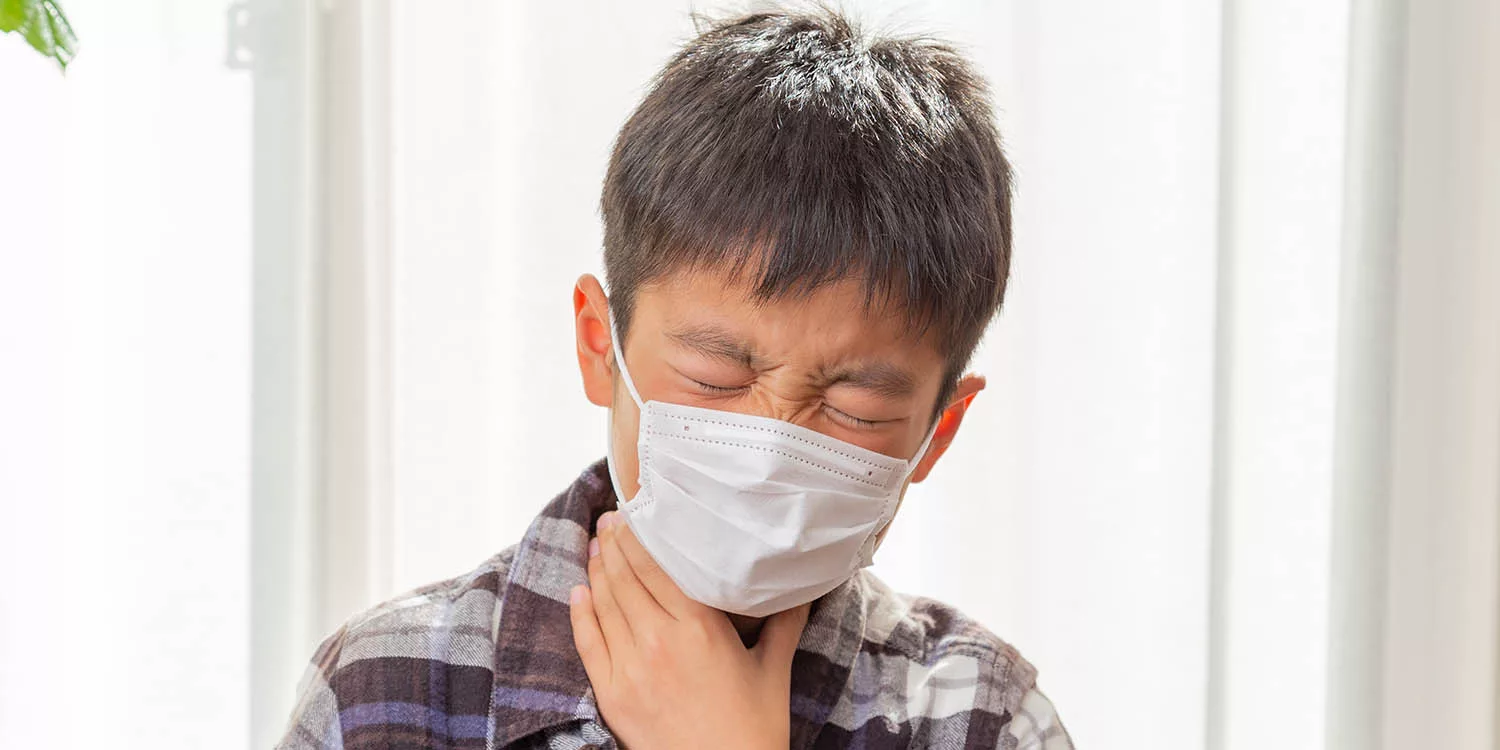CT (Computed Tomography) scan is a powerful imaging tool that provides detailed, cross-sectional images of various internal organs, bones, blood vessels and tissues. At Graphic Era Hospital in Dehradun, we use an advanced 128-slice CT scanner that offers high-resolution detailed images aiding in accurate diagnosis and treatment planning. Whether it’s for routine screening, trauma evaluation, or cancer staging, the CT scans here are performed and reported by expert radiologists in a safe, patient-friendly environment. With a focus on precision and comfort, we deliver reliable results that help guide timely medical decisions.
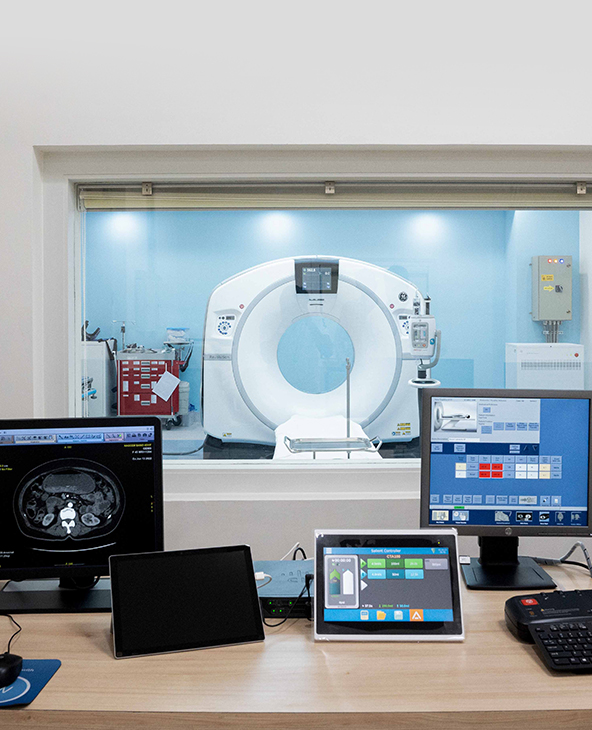
128-Slide CT Scanner vs Standard CT Scanner
1. Number of Slices (Detector Rows)
- 128-slice CT scanner: Captures 128 cross-sectional images (slices) of the region of interest in a single rotation.
- Standard CT scanner (16/64 slice): Captures fewer slices per rotation, meaning smaller coverage per rotation
2. Speed and Coverage
- 128-slice: Covers large areas of the body in seconds, useful for cardiac scans, trauma, and patients who cannot stay still for long.
- Standard CT: Slower coverage; may require multiple rotations for the same region, leading to longer scan times.
3. Image Quality and Resolution
- 128-slice: Produces finer detail with thinner slice thickness (as low as 0.5 mm), improving diagnostic accuracy for detection of smaller lesions and detailed evaluation of vascular structures. Complex 3D images can be generated
- Standard CT: Provides adequate detail for most general purposes, but resolution may not be as fine, especially in smaller lesions or complex structures (e.g., coronary arteries, brain vessels).
4. Applications
- 128-slice: Especially useful in
- Cardiac CT and coronary angiography (fast enough to “freeze” a beating heart)
- Neurovascular imaging (brain vessels, stroke assessment with perfusion imaging)
- Whole-body trauma scans (emergency cases)
- Standard CT: Sufficient for routine imaging liken, abdomen, pelvis, bones, and brain.
5. Radiation Exposure
- 128-slice: Equipped with advanced dose-reduction technologies, meaning despite higher capability, it can deliver equal or sometimes lower radiation compared to older systems. Less scan times due to faster rotation, hence reduced radiation exposure.
- Standard CT: Older models may expose patients to higher doses for the same diagnostic outcome.
Schedule Your Appointment with
Our Expert Doctors
We are dedicated to driving lasting, positive transformation in healthcare management through innovation and patient-centered solutions.
What is a CT Scan and When is it Recommended?
A CT scan, or computed tomography scan, combines X-ray technology with computer processing to produce detailed cross-sectional images of various body parts. It helps in detecting injuries, tumours, infections, and internal abnormalities that may not be visible on standard X-rays.
A CT scan may be recommended in the following cases:
- Suspected head injury, stroke, or brain swelling
- Identifying various bony and spinal fractures.
- Whole body screening after major trauma
- Detection of tumours in the lungs, abdomen, or spine
- Evaluation of chest pain or coronary artery disease (Coronary CT)
- Planning or follow-up of cancer treatments
- Investigating abdominal pain or internal bleeding
- Diagnosing infections or fluid build-up in the chest.
- Pre-operative imaging for surgical planning
- CT Angiography for visualising blood vessels and blockages
- CT guided biopsies and collection drainage.
Things to Know Before Undergoing a CT Scan
Understanding the preparation and safety guidelines can help ensure a smooth CT scan experience.
- You may be asked to fast if a contrast CT scan is planned
- Inform the radiology team if you are pregnant or suspect pregnancy
- Let your doctor know about any allergies to medications, especially to contrast or iodine
- Some scans may require drinking an oral contrast agent beforehand
- Wear comfortable, loose-fitting clothing or hospital gown
- People Undergoing contrast studies requires blood investigations to asses for their kidney function.
- Contrast CT scans may cause a temporary warm sensation, itching , redness.
- Most scans take 10–30 minutes depending on the area scanned
- You can usually resume normal activities shortly after the scan
Types of CT Scans Available at Graphic Era Hospital
Graphic Era Hospital, with 128-slice CT scanners, offers a wide range of scans tailored to various clinical needs, ensuring high precision and diagnostic clarity across body systems.
- Brain CT Scan: Detects bleeding, tumours, strokes, or skull fractures in emergency and
- cases. Advanced Imaging techniques like CT perfusion and Ct angiography for stroke
- Chest CT/CT Thorax: Assesses lung diseases, infections, tumours, and pulmonary embolisms with high accuracy. Facility of low dose and ultra low dose CT for screening of lung tumors.
- CT Abdomen: Helps identify causes of abdominal pain, detect organ abnormalities. Triple phase CT scans for liver pancreas, CT urography for stones, kidney and bladder tumors.
- Spine CT Scan: Used to evaluate vertebral fractures, tumors or spinal canal narrowing.
- Cardiac CT and Coronary CT Scan: Visualises coronary arteries, detects blockages, and assesses cardiac function non-invasively. Cardiac CT for evaluation of complex congenital heart diseases in infants and neonates.
- CT angiography : Good-quality 2D as well as 3D images of blood vessels in the body. Includes scans like brain , pulmonary angiography. Angiography for blood vessels of limbs. Evaluation of aorta for preoperative evaluation of cardiac valve replacement (TAVI protocol)
- 3D and High-Resolution CT Scans: Provides ultra-clear, multi-angle reconstructions for surgical planning and advanced diagnostics.
- CT polytrauma- a comprehensive scan including brain, neck, spine, chest, abdomen to assess for injuries.
Why Choose Graphic Era Hospital for CT Scans?
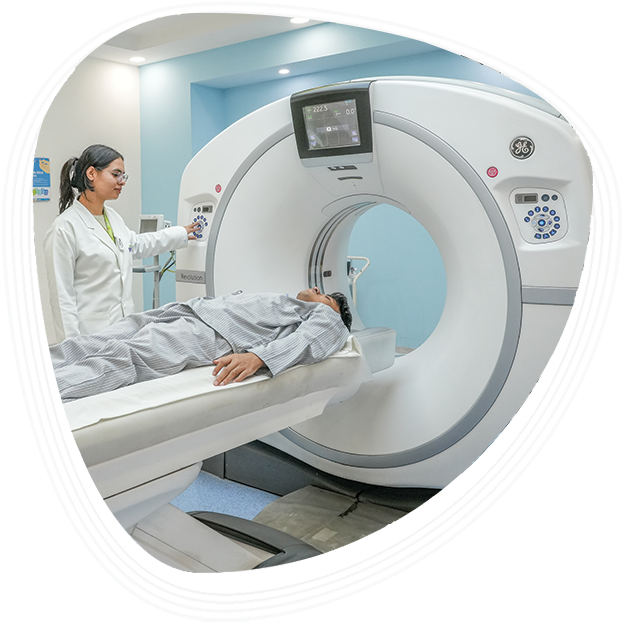
Safety and Accuracy in CT Imaging at Graphic Era Hospital
At Graphic Era Hospital, we follow rigorous imaging protocols to ensure that every CT scan is both safe and diagnostically reliable.
Low Dose CT Scan Technology
- We use dose-optimised settings to reduce radiation exposure without compromising image quality
- Especially beneficial for routine screenings, paediatric patients, and follow-up scans
Use of Contrast for Enhanced Imaging
- Intravenous or oral contrast agents are used when greater visual detail is needed
- Patients are screened in advance for allergies and kidney function to ensure safety
High-Resolution and 3D CT Imaging
- Enables detailed reconstructions for complex diagnoses and surgical planning
- Supports cardiothoracic, neurological, and oncological assessments with precision
Strict Quality Control and Calibration
- Regular maintenance, calibration, and imaging audits ensure optimal scanner performance
- Adherence to international safety standards in diagnostic imaging
Top CT Scans at Graphic Era Hospital
- Brain CT Scan
- Chest CT / CT Thorax
- Cardiac CT / Coronary CT Scan
- CT Abdomen
- Spine CT Scan
- Whole Body CT Scan
- CT Angiography
- Contrast-Enhanced CT Scan
Blog
Frequently Asked Questions (FAQs)
What is the average CT scan cost in Dehradun?
CT scan prices in Dehradun can vary depending on the type of scan, body area, and use of contrast. At Graphic Era Hospital, we maintain transparent and affordable pricing for all CT imaging services.
Where can I get a reliable CT scan near me in Dehradun?
If you’re looking for a dependable CT scan near you, Graphic Era Hospital in Dehradun offers advanced imaging technology, quick appointments, and expert interpretation, all under one roof.
What’s the difference between a CT scan and CT Angiography?
A standard CT scan captures cross-sectional images of internal organs, while CT Angiography focuses on visualising blood vessels using contrast dye to detect blockages or abnormalities.
Are CT scans safe for repeated use?
Modern CT technology uses low-dose radiation protocols, making scans safe even for follow-up imaging. However, repeated scans are only advised when medically necessary.
When is a contrast CT scan required?
A contrast CT scan is used when enhanced detail is needed, such as to visualise blood vessels, tumours, or areas of inflammation. The contrast helps differentiate structures more clearly.
What should I expect during a CT scan test?
The test is quick and painless, usually lasting 10–30 minutes. You’ll lie on a table that slides into the scanner. If contrast is used, you may feel a warm sensation or metallic taste temporarily.
